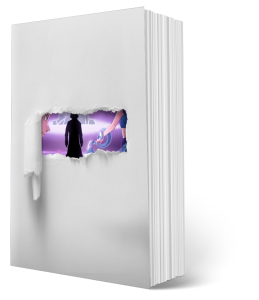
The first thing I’d like to say is, next entry I’ll have surprise. I’ve decided, due to my personal excitement, I’m going there’s no time like the present to reveal the cover of my next publication, the official next installment in the Fragmented Chronicles, JUDD II! This experience in writing has been amazing! with the exception of surviving two brain surgeries (yes, TWO!) self publishing has been the biggest, most fulfilling experience in my life!
I’m assuming anyone who follows me is aware of what OwnVoices is at least passing. I’m not sure exactly when it started off the top of my head, but for those who don’t, OwnVoices is a way of identifying when a story’s perspective is a version of a lived experience of it’s author—JUDD is own voices in the fact that Sam, my main character is biracial, gay and doesn’t have the most ideal coming out story.
In the beginning of the year, I wasn’t really reacting to what has been going on because I didn’t think it was too much of a big thing, but I’ve been seeing it pop up here and there quite a bit although—I can’t remember any specific examples, I just want to talk about it but if I think of any, I will definitely share them. Here and there—mostly on Twitter—I’ll see someone saying they’ve been querying and they’ll sometimes get a response saying, “Are you the right person to tell this story, you should probably talk to that community.” When they literally are apart of that community, or they’ll question the character’s experience or knowledge based on the character’s parents knowledge; i.e. you’re character is half of [insert race here], their parents speak the language fluently, so there’s no reason the character should be failing that language class.
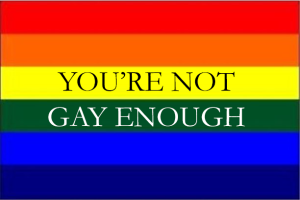
I’ve seen these gatekeepers tell queer people that they weren’t the right person to tell their fictional queer story just because they weren’t the right letter in the LGBT community, when in fact they shared it with their character. Along with other varied examples of this when I always see cis, white, het, authors traditionally publishing books with queer, people of color main characters with no problem, like Simon vs. the Homo Sapien Agenda by Becky Albertalli—one of my favorite books, so not bashing it—who I assume, and correct me if I’m wrong, is a straight cis woman.
When it comes to JUDD, I struggled quite a bit with how my ending of Sam being forced to be out in the open with his identity before he was ever ready. I was terrified that it’d be seen as a negative perspective on coming out, but it’s legitimately what happened to me, admittedly in a less dramatic way, but regardless, I was not ready and when I was finally comfortable telling that story, that’s when the ending was created. I’ve since become much more comfortable with using many more of my experiences within my series.
Another instance is people write books with some trigger warnings and their questioned on whether or not they’ve actually lived those experiences in order to tell them. In my opinion, an author is not required to divulge their past experiences in order to write about them unless they choose, which much of the time, they will with varied degrees of detail.
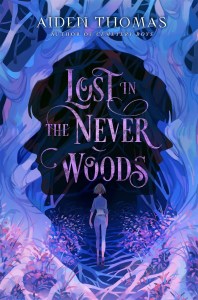
A specific example that does come to mind (because it involves a new favorite author of mine) is, back in January, Aiden Thomas release a book called Lost in the Neverwoods. Aiden is a trans non-binary (he/them) Latinx author and their new book stars Wendy, a (presumably) white, het, cis woman, I believe. I haven’t gotten to read the book quite yet so I’m not sure how they identified Wendy entirely but either way, there was a lot of uproar that they weren’t telling a story authentic to themselves with it. Lost in the Neverwoods is pretty openly a Peter Pan reimagining where.
No one owes everyone their personal life story. The awesome thing about fiction is that we can tell any story we want as long as it’s respectful to the individual groups being depicted and well researched. However if you are not LGBTQ, BIPOC or any marginalized group, tread very lightly on telling the story, think on if you should even tell that story, but don’t tell a queer BIPOC author that they shouldn’t be writing cis, het, white character when their often meant to live under those ideals and expectations, because we can definitely tell that story as well as the story of the struggle with living under those expectations.
On another note, Fragments will be released for free on Kindle Unlimited in NEXT WEEK! it will also be available to other’s for $2.99 and in paperback for $5.99. I believe it can be pre-saved prior to release and it can definitely be pre-ordered. The paperback will be available the day of release. Links below.
Thank you for reading,
~ J. D. 💙🖤
Make sure to follow me here on my WordPress homepage as well as these:
Twitter | Instagram | Tumblr | Facebook | Goodreads
Get your copy of JUDD NOW!
& FRAGMENTS available on Kindle Unlimited May 7th!
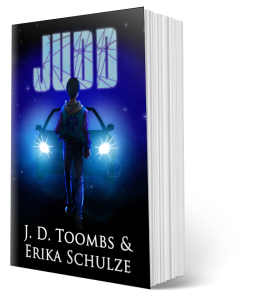
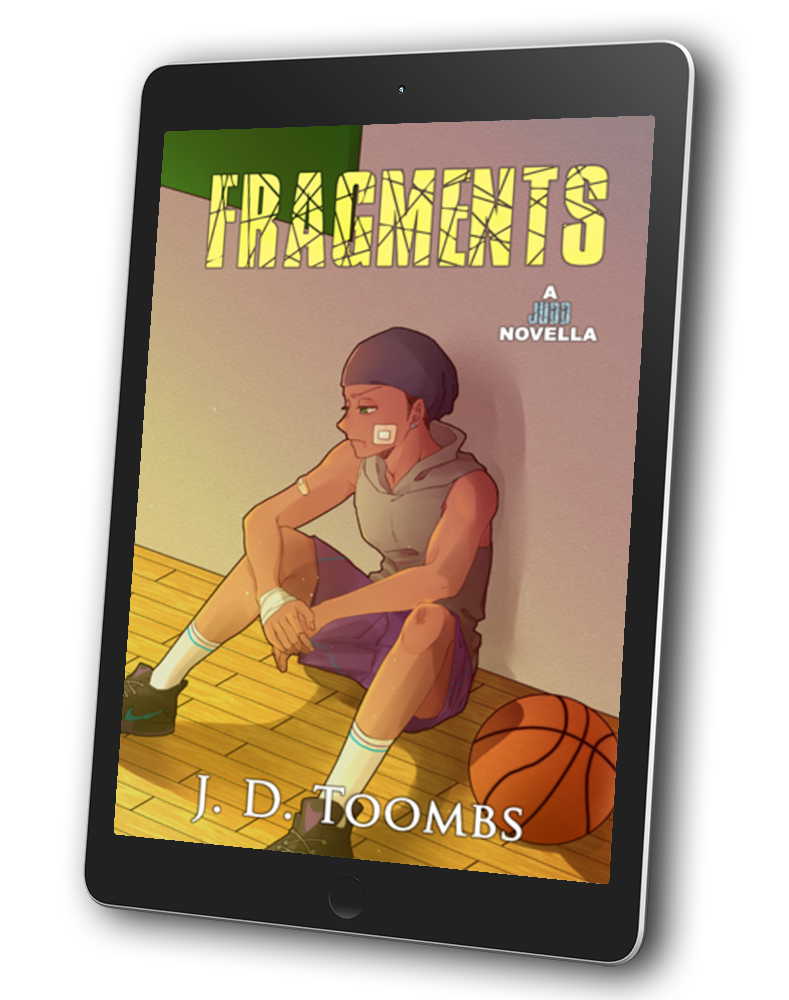
JUDD Links
Queer Lit – if you live in the UK get your paperback copies here. Hopefully they’ll be able to ship outside the UK soon, too.
Barnes & Noble – hardcover, paperback and NOOK eBook.
Books2Read – eBook at major eBook stores.
Goodreads – don’t forget to add this book to your Goodreads shelves, rate and review it. Reviews help authors, especially indies!
FRAGMENTS Links
Chapter Previews
Chapter I.
Chapter II.
Chapter III.
Chapter IV.
These chapters do not reflect the final product, it is a draft prior to the final draft.
Sorry for the bad typing in the beginning xD
LikeLike